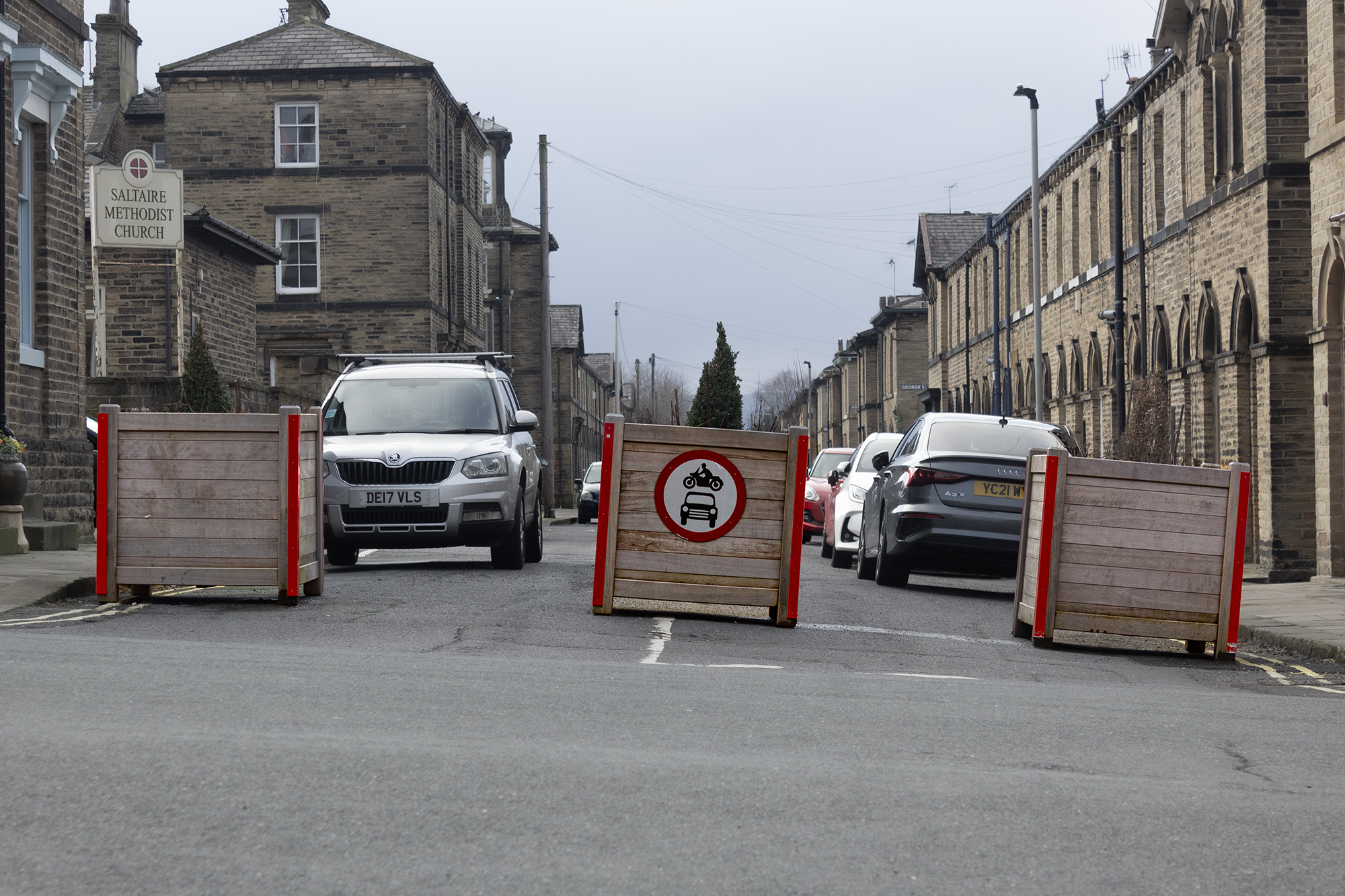
Driving Disinformation: Democratic deficits, disinformation and low traffic neighbourhoods – a portrait of policy failure
Over the past 18 months, disinformation surrounding Low Traffic Neighbourhoods (LTNs) has erupted with a marked rise of conspiracy theories online. Rumours swirl of shadowy elites forcing 15-minute city climate lockdowns in local communities and of councillors undemocratically installing surveillance regimes on motorists.
This deterioration in quality of debate plays out offline too. In Rochdale planters have been set alight, while councillors in Enfield have received death threats and neo-Nazi groups in Oxford have joined rallies and called residents ‘guinea pigs’.
Our report, produced in partnership with the Public Interest News Foundation (PINF) is the most in depth study on the LTN rows in local neighbourhoods to date. It combines digital media analysis of over 570k posts along with offline face-to-face engagement with 47 residents and 24 interviews with local journalists, community leaders, activists and politicians in the three locations.
We found that local divisions are not the result of disinformation and conspiracy theories, but rooted in the confronting nature of the policies themselves and the very real impact they are having on people’s lives. Our findings reveal the failures on the part of councils to understand and effectively engage with their communities that has amounted to a democratic chasm; and they illuminate how the actions of national politicians have made this even worse. To focus exclusively on disinformation campaigners is to ignore the fertile ground on which they thrive.
Our findings include:
- Levels of LTN-related ‘disinformation’ online with significant engagement exploded between 2022 and 2023.
- Disinformation has flourished in the democratic chasm that is widening at a local level between councils and communities and in the vacuum left by the decimation of local news.
- Where disinformation has previously been blamed for vicious local rows over LTNs, this research turns that assumption on its head. Weaknesses at every level of our information ecosystems enable such disinformation campaigns to weaponize division.
Driving Disinformation puts forward a number of recommendations, including:
- A new ‘Civic Accord’ to restore trust in local democracy in our local communities.
- Local News Funds to ensure that local news serves local communities
- An anti-disinformation standard in public life
